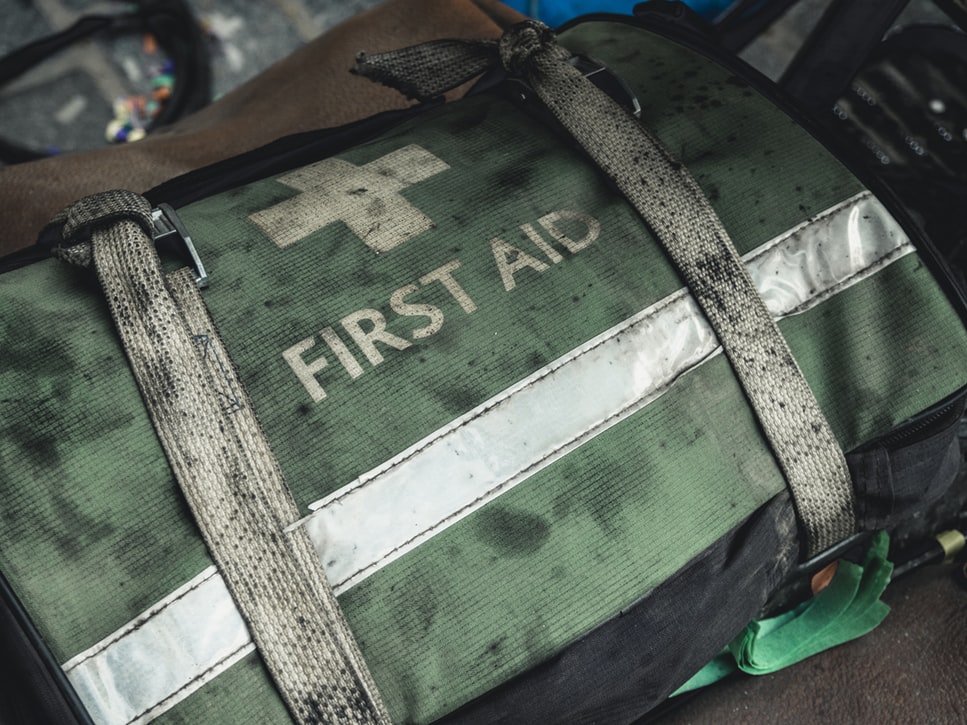The most important part of any outdoor adventure is getting home safely, to achieve this you’ll need a well-stocked first-aid kit for your 4WD.
You’re about to hit the road for your 4WD adventure of a lifetime. The vast country beckons. Before you turn the key, take a moment to make sure you’ve packed everything that you might need in an emergency.
Packing Your 4WD First-Aid Kit
The size and contents of your first-aid kit packed in your 4WD will depend on how long you are going for and how remote you will be. If you’re going for a few weeks, consider “overpacking” for the everyday injuries (cuts, bruises and stings). If you’re heading to very remote areas, think about what you might need to keep someone comfortable if you have an accident and an ambulance (or airlift) is hours away. Would a neck support be worthwhile in those circumstances? What about an air splint in case of a broken limb?
A basic first aid kit for off-road adventures should contain the following:
- Variety of bandages (crepe, compression and triangular)
- Wound dressings
- Saline solution
- Antiseptic fluid
- Antiseptic cream
- Assorted bandaids
- Shock blanket
- Sting and itch relief cream
- Adhesive tape
- Eye pads
- Pain relief (paracetamol or ibuprofen)
- Instant cold packs
- Scissors, safety pins and tweezers
Depending on who is with you while you are 4WDing and what their needs might be, also consider packing antihistamines, rehydration tablets, anti-diarrhoea tablets and travel sickness tablets. And however well versed you think you are in first aid, make sure you pack your first aid manual. A medical emergency doesn’t make for clear thinking, so clear instructions are essential to have on hand.



4WD Survival Essentials
Alongside your 4WD adventure first-aid kit, you should have a well-stocked survival kit. Before you start on your off-road adventure, you should pack:
- Rain ponchos
- Waterproof matches and firelighters
- Plastic bags (various sizes – you will be surprised how often they come in handy)
- Torch and batteries (and spare batteries, AA and AAA)
- Up-to-date paper maps (Siri can’t help you where you’re going) and a compass
- Rope
- An axe or machete
- Extra water (and then some more extra water) and water purifying tablets.
Lastly, depending on how remote you are going, pack an EPIRB. These beacons have come down markedly in cost and are very literally life-savers in an emergency situation.
For more off-roading safety tips and 4WD adventures subscribe to OneAdventure today!




Comments